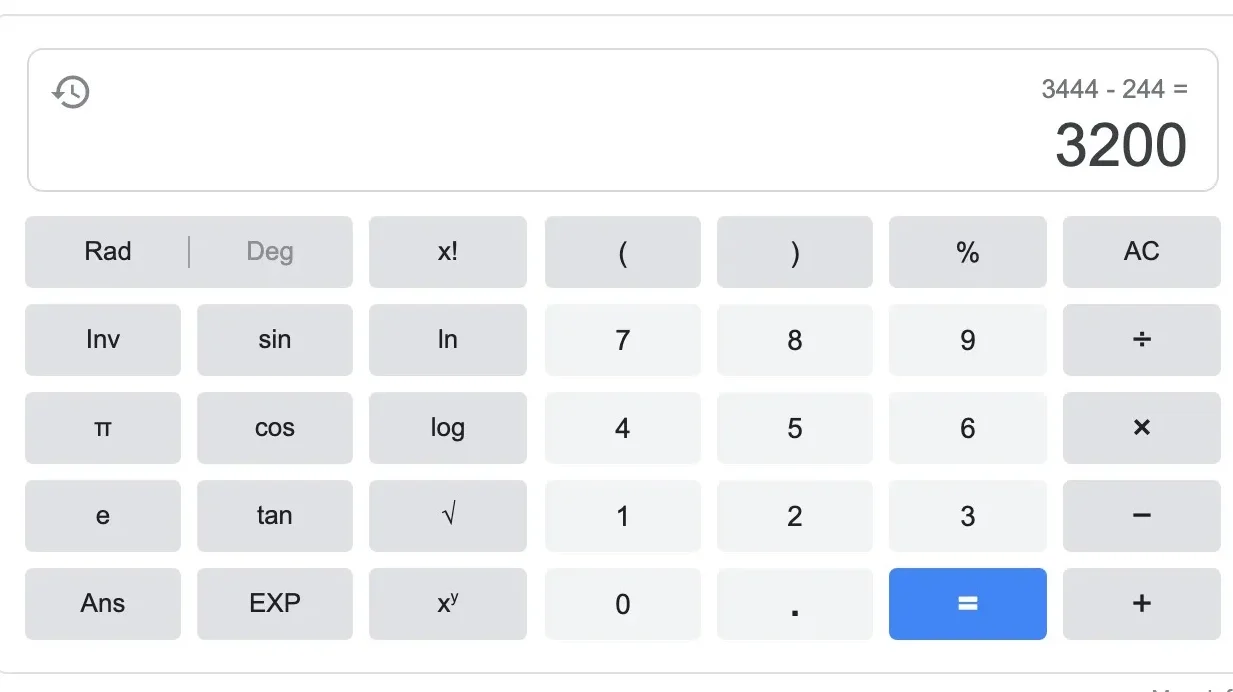Introduction to Options Calculators
An options calculator is a crucial tool for traders and investors, designed to analyze the potential profit or loss associated with an options trade. These calculators assist in making informed decisions by providing key financial metrics such as potential returns, break-even points, and the impact of various market conditions. Understanding how to utilize these tools is essential for anyone looking to navigate the complexities of options trading effectively.
Options calculators come in various forms, each catering to different needs and levels of sophistication. The most common types include online tools and spreadsheet-based solutions. Online options calculators are readily accessible and user-friendly, often requiring minimal input to generate comprehensive results. These tools are particularly beneficial for those who prefer quick, on-the-go calculations without the need for extensive setup or software installation.
On the other hand, spreadsheet-based options calculators offer more customization and can be tailored to specific trading strategies. These solutions typically require a bit more effort to set up but provide a deeper level of analysis. Users can input a wide range of variables and scenarios, making them ideal for traders who prefer a hands-on approach to their financial analysis.
Regardless of the type, the primary function of any options calculator is to help traders evaluate potential outcomes before executing a trade. By inputting various parameters such as strike prices, expiration dates, and volatility levels, users can obtain a detailed forecast of potential profits or losses. This predictive capability is invaluable for developing and refining trading strategies, ultimately enhancing the likelihood of achieving favorable results in the market.
In the context of contemporary trading, the question often arises: does Google have an options calculator? While Google as a platform does not offer a dedicated options calculator, numerous third-party tools can be easily found through a simple search. These tools provide a wide array of functionalities, ensuring that traders have access to the necessary resources to make well-informed decisions.
When it comes to calculating options prices and potential profits, investors often wonder, “Does Google have an options calculator?” Google itself does not offer a built-in options calculator within its suite of financial tools. However, the search engine giant does facilitate access to a plethora of third-party options calculators through its search results. These external tools can be invaluable for investors looking to navigate the complexities of options trading.
Among the most popular third-party options calculators are OptionVisualizer, Options Profit Calculator, and Stock Option Calculator. Each of these tools provides a range of functionalities that can help investors evaluate their options strategies. For instance, OptionVisualizer allows for the in-depth analysis of various options strategies, offering comprehensive data visualizations to help users understand potential outcomes. Similarly, Options Profit Calculator focuses on calculating potential profits and losses, taking into account various parameters such as strike prices, expiration dates, and implied volatility.
Stock Option Calculator is another useful tool that assists traders in determining the intrinsic and extrinsic value of options. It also helps in assessing the potential impact of different market scenarios on options prices. These calculators are designed to assist both novice and experienced traders in making informed decisions by providing detailed insights into the financial implications of their trades.
While Google does not directly offer an options calculator, its search engine makes it easy to find these third-party tools. However, it’s important to note that the accuracy and reliability of these calculators depend on the data inputs provided by the users. Therefore, it is essential to use these tools in conjunction with a thorough understanding of options trading principles and market conditions.
In conclusion, although Google does not feature a built-in options calculator, it serves as a gateway to numerous third-party calculators that can effectively aid in options profit calculations. By utilizing these tools, traders can gain a better grasp of their potential profits and losses, thereby making more informed investment decisions.
Understanding Options Pricing
Options pricing presents a multifaceted challenge due to the intricate variables that impact it. Key factors include the underlying stock price, the strike price, the expiration date, and the volatility of the stock. Each of these elements contributes significantly to the final price of an option, making it imperative for traders to comprehend their roles.
The underlying stock price is the current market price of the stock associated with the option. As this price fluctuates, it directly influences the value of both call and put options. The strike price, conversely, is the predetermined price at which the option can be exercised. The relationship between the underlying stock price and the strike price determines whether an option is ‘in the money,’ ‘at the money,’ or ‘out of the money,’ which subsequently affects its premium.
Another crucial factor is the expiration date, which is the specific date by which the option must be exercised. Options with longer durations typically exhibit higher premiums due to the increased time for the underlying stock price to move in a favorable direction. Conversely, options nearing expiration can experience accelerated time decay, diminishing their value as the expiration date approaches.
Volatility, a measure of the stock’s price fluctuations, also plays a vital role in options pricing. Higher volatility increases the likelihood of significant price movements, which can enhance the potential payoff from an option. Consequently, options on more volatile stocks tend to command higher premiums.
The Black-Scholes model is one of the most widely utilized methods for calculating options prices, integrating these key factors into a cohesive framework. This model, introduced by Fischer Black and Myron Scholes, uses mathematical formulas to estimate the theoretical value of options, providing traders with a foundational tool for evaluating potential trades. By incorporating the underlying stock price, strike price, expiration date, and volatility, the Black-Scholes model offers a comprehensive approach to understanding options pricing.
Using Options Calculators
Options calculators are indispensable tools for traders seeking to evaluate the potential outcomes of their trades. These calculators help in determining the possible profit or loss, thereby allowing users to make informed decisions. By inputting essential parameters such as the underlying asset’s price, strike price, expiration date, and volatility, traders can quickly gauge the profitability of different strategies. The ease of use and accessibility make options calculators beneficial for both novice and experienced traders.
For instance, consider a trader who wants to evaluate a call option strategy. By entering the current price of the underlying asset, the strike price of the call option, the expiration date, and the implied volatility, an options calculator can quickly compute the potential payoff. This not only aids in understanding the risk-reward ratio but also in comparing various strategies side by side. Whether dealing with simple options or more complex strategies like spreads and straddles, these calculators provide a visual representation of potential outcomes, making it easier to identify the most profitable trades.
Advanced options calculations involve more intricate parameters such as the Greeks—Delta, Gamma, Theta, and Vega. Options calculators capable of handling these variables offer deeper insights into how changes in market conditions might affect the options’ value. Selecting the right calculator is crucial, as different calculators cater to varying levels of trading expertise and specific trading needs. For instance, some are tailored for basic profit-loss calculations, while others are designed for advanced strategy analysis.
Overall, options calculators serve as a vital resource in the trading toolkit. They facilitate better decision-making by providing clarity on potential outcomes and enabling traders to optimize their strategies. Whether wondering “does Google have an options calculator” or seeking advanced analytical tools, the right options calculator can significantly enhance trading efficiency and effectiveness.







































































